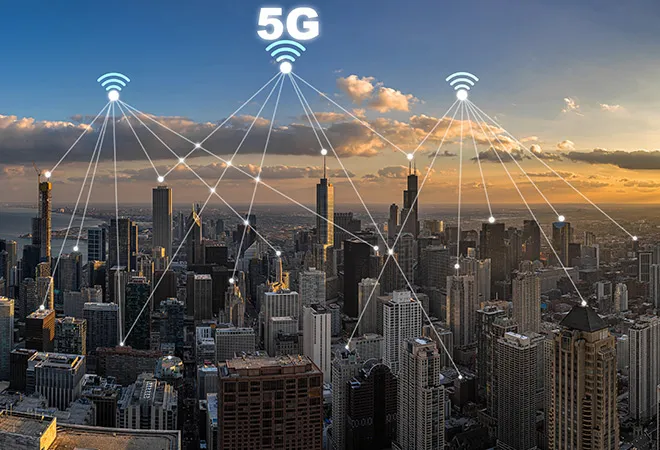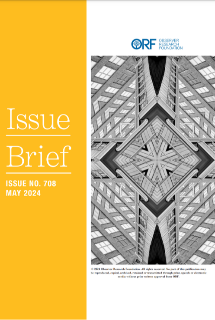
How Donald Trump has changed the world series>
Geopolitics is being powered by a new actor — geo-technology. If everything around us, from technology and information to business and society, has been disrupted into a shapeless, amorphous mass of constant data streams, politics cannot and will not remain protected from, or isolated by, these broader societal trends. When algorithms can figure out people’s deepest desires for goods, services and information, it would be fallacious to presume that they will not intrude into international politics through the aspirations of the voters and the voted.
Yet any attempt at making sense of these changes around a fulcrum called Donald Trump will remain limited unless the entire multi-headed Hydra underlying this constantly disrupting information mass is revealed. Under Xi Jinping, authoritarian China is able to use the disruptive nature of geo-technologies to encroach into the communication networks of democracies and turn every Chinese entity into a spy to capture and use information against them. At some point, the democratic recoil will show up. That point is today, through the steadily rising consensus on the need to ban China’s Huawei in telecommunications across the world.
If the 20th century gave the world the Great Depression, the 21st century is offering a Great Disruption. Regardless of whether Trump wins or loses in November 2020, the Great Disruption is here to stay. Indeed, “Trump” itself is an idea: if he loses, the stream of consciousness of US citizens will only create another disrupter, or else force the incumbent to continue with a modified version of his disruption. Lost in the stream of this apparent disorder—or say, at the cusp of a change in political-societal transformation—is the quaint past comprising thought control, idea monopolies, and the entire infrastructure of media, academia and narratives that has served it and benefited from it. Technology is bringing information directly from sources to seekers. In fact, when platforms like Twitter or Facebook, shaping the 21st century but grounded in the 19th, behave like thought-control vehicles of the past, they are taken to task.
Likewise, gone is the need for policy to pass through the liberal lens. In the information war between the most powerful democracy and the most powerful authoritarian regime, Trump has disrupted the narrative of allowances made to Xi. The China under the control of the Chinese Communist Party, itself inferior to Emperor Xi, is no longer getting the long rope the Party has been used to for the past three decades. If Xi is attempting to weaponise Huawei, the response is the geo-technological defence Trump has unleashed by enforcing a ban on the company in 5G rollouts of 13 European countries in the past few months. In the coming months, this geo-technological theatre of great powers will shift its eyes from Europe to Asia, and the wave of disruption will travel with it.
The views expressed above belong to the author(s). ORF research and analyses now available on Telegram! Click here to access our curated content — blogs, longforms and interviews.




 PREV
PREV


